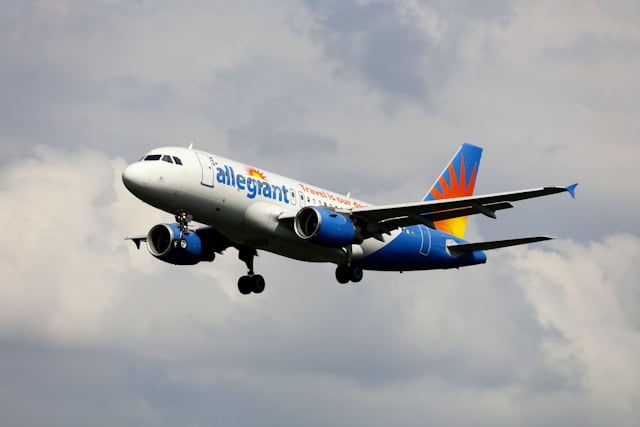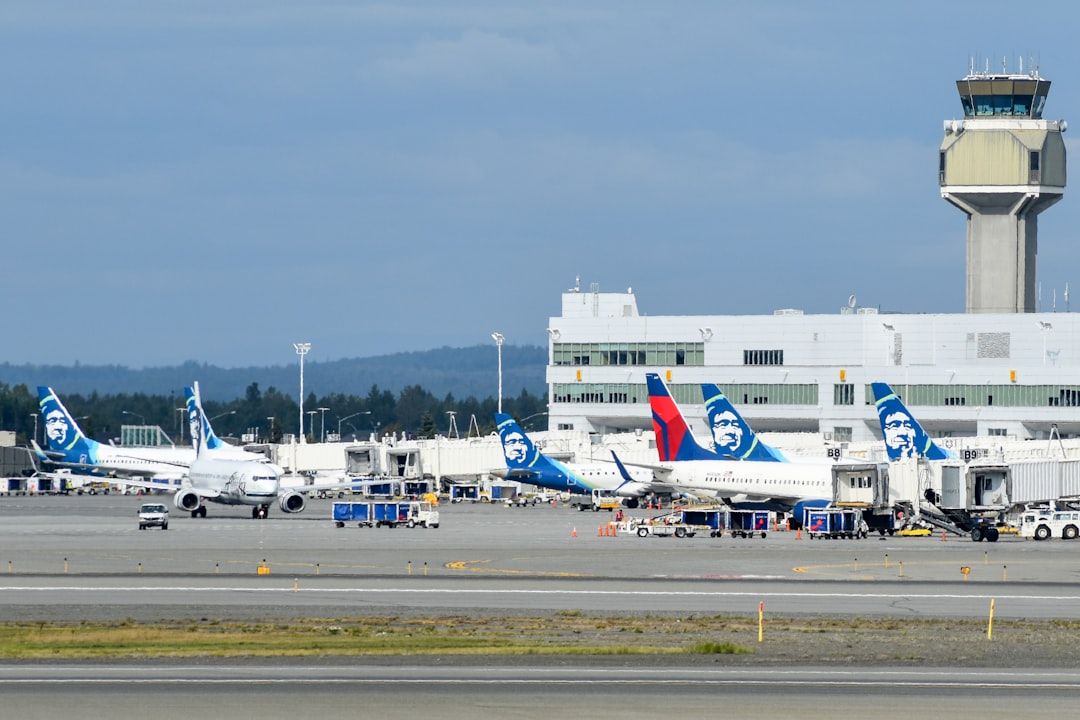(LONDON) Many Londoners have heard claims that immigrants and asylum seekers get free travel on buses and the Tube simply because of their immigration status. That claim is wrong. In London, long-term free travel comes through the Freedom Pass and related schemes, and these are based on age, disability, and London residence only – not on your passport, visa, or asylum claim.
How free travel in London actually works

The main long-term free travel scheme is the Freedom Pass, run by London Councils for all London boroughs. There are two main types:
- Older Person’s Freedom Pass – for people over a set age (linked to state pension age, often around 66).
- Disabled Person’s Freedom Pass – for people with certain long‑term disabilities.
According to London Councils Freedom Pass eligibility, you must:
- Live in a London borough as your main or only home
- Meet the age rules or meet the disability rules
The rules say nothing about immigration status. This means a British citizen, a long‑term visa holder, an EU national, or a refugee all face the same test: if they live in London and meet the age or disability rules, they can apply.
Key takeaway: Immigration status is not part of the Freedom Pass test. Eligibility depends on age, disability and London residence only.
Step 1: Check if you qualify by age or disability
Before you start the application, check whether you fit into one of the eligible groups.
Age-based eligibility
You may qualify for an older person’s pass if:
- You live in a London borough, and
- You have reached the required age (linked to state pension age).
Transport for London explains on the TfL Freedom Pass page that older London residents who meet the age rule can apply through their borough. The exact qualifying age can change, so check the current rule on that page or your borough’s website.
Disability-based eligibility
You may qualify for a disabled person’s Freedom Pass if:
- You live in a London borough, and
- You have a disability listed in the Transport Act 2000 rules.
Examples include:
- Blindness or serious sight loss
- Severe hearing loss
- An impairment that makes walking very hard
- Loss of both arms
- Certain learning disabilities
- Conditions that make you lose your driving licence on medical grounds
Councils usually ask for medical evidence or proof from a specialist. The decision focuses on your health and daily limits, not on where you were born or what visa you hold.
Step 2: Confirm that you live in London
For any Freedom Pass, you must show that London is your real home. This requirement often causes worry for people with changing immigration status.
Boroughs normally ask for evidence such as:
- A council tax bill, tenancy agreement, or utility bill
- A letter from Department for Work and Pensions (DWP) or HMRC
- Sometimes, for people in asylum housing, an official Home Office or housing provider letter
If you’re an asylum seeker placed in Home Office accommodation in a London borough, that address can still count as London residence, even if your immigration case is undecided. What matters is that you actually live there, not whether you have settled status or a visa.
Step 3: Apply through your local borough
You do not apply through TfL directly; you apply through your borough council, usually online.
Typical application steps:
- Go to your borough’s website and search “Freedom Pass”.
- Choose Older Person’s or Disabled Person’s Freedom Pass, based on your situation.
- Create an online account if required.
- Upload:
- A photo that meets the rules
- Proof of identity (passport, biometric residence permit, or other photo ID)
- Proof of address in a London borough
- Medical evidence if applying for a disability pass
For example, Ealing Council Freedom Pass page explains how local residents can apply and what proof they must show. Other boroughs use similar steps, though website layouts differ.
Processing times vary by borough, but many applicants receive the card within four to six weeks once all documents are accepted.
Step 4: What happens after you apply
After you submit your application:
- The borough checks your residence documents.
- They check your age or medical evidence.
- In some cases, they may contact your doctor, consultant, or social worker for more details.
- If approved, your details are sent to the Freedom Pass team to print the card.
- The pass is posted to your London address.
If the council refuses your application, they must explain why. Common reasons for rejection include:
- Applying too early and not yet meeting the age rule.
- Disability evidence does not match the legal categories.
- The council is not convinced you live in the borough.
You can usually request a review of the decision and submit stronger or additional evidence.
How immigration status fits in — and how it does not
The key fact, confirmed by both TfL and London Councils, is clear: immigration status is not part of the Freedom Pass test.
This means:
- Asylum seekers do not get free travel just because they are asylum seekers.
- Work visa holders do not lose the right to a Freedom Pass if they are old enough or disabled.
- Undocumented people could theoretically meet the age or disability rules, but may struggle to show identity and stable residence without official papers.
Analysis by VisaVerge.com notes that many social media posts confuse short‑term local travel support for asylum seekers (for example, special bus tickets linked to housing contracts) with the Freedom Pass, which is a long‑term scheme for residents who meet age or disability rules. These are very different systems.
Short-term schemes and local pilots
The source material also notes:
- The UK government has not announced free bus fares for immigrants nationwide.
- The London Assembly has discussed helping asylum seekers pay for public transport, but no London‑wide scheme has been put in place.
- Some areas outside London, such as Oxfordshire, have trialled small pilot schemes for asylum seekers. These are local projects and do not give a permanent right to free travel based on immigration status alone.
So if you are an asylum seeker or new arrival in London, you should not expect automatic free travel. Any help will likely come through:
- Your housing provider or support charity
- Short-term tickets linked to your specific case
- Normal discounts such as the Jobcentre Plus Travel Discount Card, if you qualify
None of these change the legal rules for the Freedom Pass.
Practical tips for applicants worried about immigration status
If you’re thinking about applying and are worried your visa or asylum claim might cause trouble, keep these points in mind:
- The council is checking whether you live in London and whether you meet the age or disability rules.
- Councils are not the Home Office and they are not judging your immigration case.
- If you have a biometric residence permit, you can use it as ID.
- If you don’t, you can often use another photo ID plus proof of address.
For people with refugee status or limited leave to remain, the process is the same as for British citizens. As long as London is your main home and you pass the age or disability test, your immigration status should not block a Freedom Pass.
For full official details on how councils apply the rules, the best starting point is the London Councils site at London Councils Freedom Pass eligibility, which sets out who can get free travel and how local authorities should assess applications.
The Freedom Pass provides long-term free travel in London based on residence plus age or qualifying disability, not immigration status. Applicants apply via their borough with proof of address, identity and medical evidence when needed. Councils verify residence and eligibility, may contact medical providers, and typically issue cards within four to six weeks. Short-term pilot schemes or local support for asylum seekers are separate and do not change legal Freedom Pass rules.













